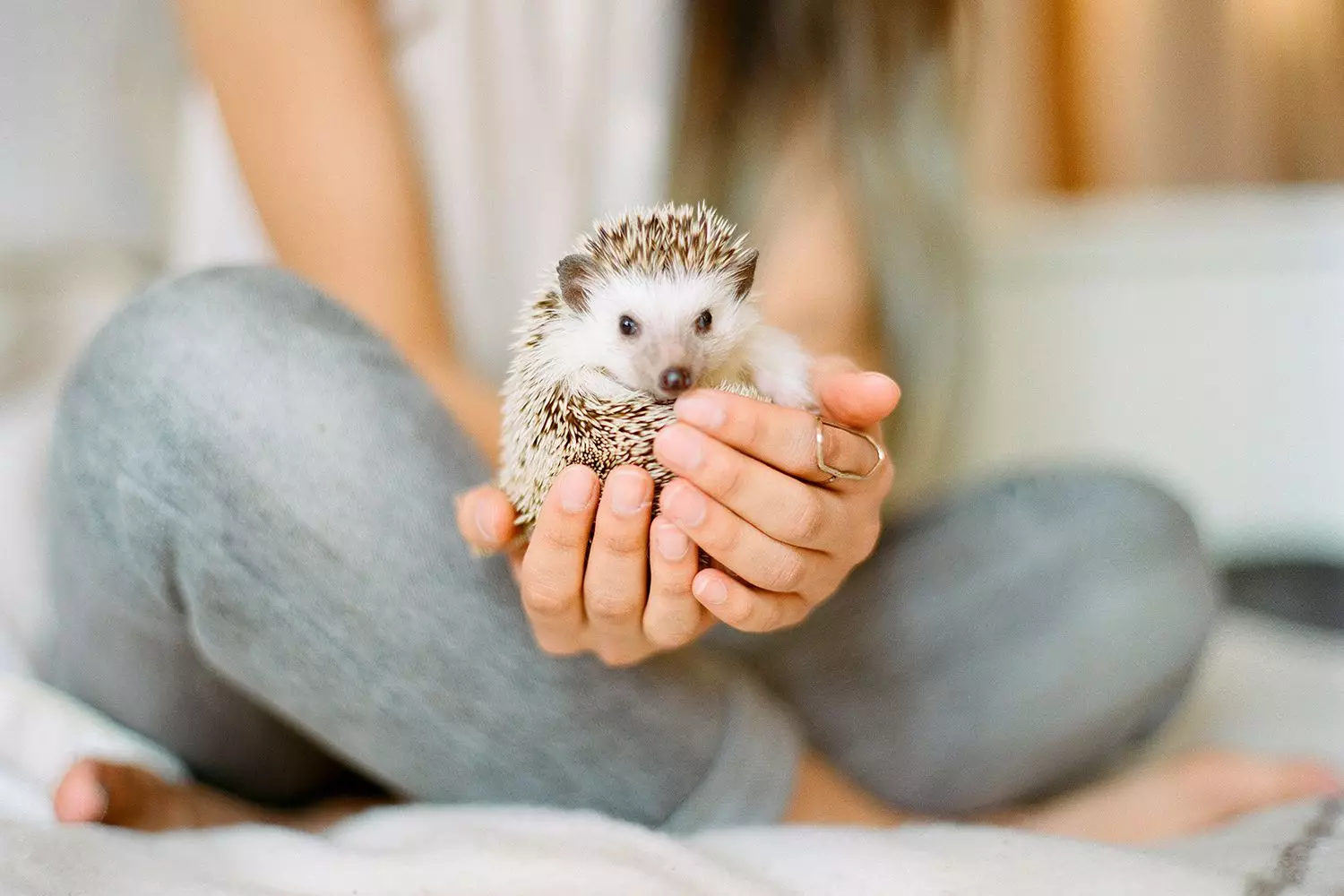Exotic pets have always sparked curiosity and intrigue; however, the term “exotic” can vary dramatically based on individual perspectives, legal frameworks, and community standards. In essence, while many consider exotic pets to be any non-domestic animal, such a categorization can be fluid. For some, creatures like ferrets and goats might fall under this category, while others may reserve the term exclusively for wild and potentially dangerous species, such as tigers or snakes. The differentiation is not just philosophical but also grounded in legal definitions that vary by state and region. State governments often have nuanced regulations regarding which animals can be owned, reflecting a blend of ecological concerns and community safety. Thus, what one person finds fascinating and harmless may be seen as a risk by someone else.
When considering an exotic pet, one must tread carefully through the legal intricacies governing animal ownership. Laws can fluctuate significantly even between neighboring states, making due diligence crucial for potential exotic pet owners. Many jurisdictions classify certain creatures as “invasive” or inherently dangerous and therefore illegal to own. The rationale behind these prohibitions often revolves around environmental protection and public safety. For instance, certain reptiles can become invasive if released into the wild, posing severe threats to local ecosystems. Therefore, before embarking on the journey of pet ownership, it is paramount to ascertain the regulations that apply to the desired animal, tailoring one’s aspirations to align with the legal landscape.
A prevailing myth about exotic pets is that they inherently possess a wild or dangerous nature. This misunderstanding can lead to generalized fear or stigmatization of all non-domestic animals. However, this viewpoint overlooks the fact that many exotic pets are gentle and sociable. Animals like guinea pigs, hamsters, and even rabbits, often viewed as exotic companions, can thrive in domestic settings and provide joy and companionship to their owners. The misconception perpetuated in popular culture often focuses on the more sensational cases of dangerous exotic animals, thereby overshadowing the many benign and domesticated species that fall under the exotic umbrella. It is essential to challenge these stereotypes and recognize the remarkable diversity within the category of exotic pets.
Interestingly, the category of exotic pets also encompasses animals that straddle the line between domesticity and wildness. Take rabbits, for instance. Depending on the context, they may be viewed as traditional pets or classified as exotic. This ambiguity can complicate potential ownership, as pet classification can influence veterinary care, accessibility, and overall care considerations. Similarly, popular pets like sugar gliders and hedgehogs, while exotic, often require specialized care that differs significantly from the more predictable needs of dogs and cats. This blending of classifications necessitates a deeper understanding of what it truly means to own an exotic pet.
Veterinary attention adds another level of complexity to the discourse on exotic pets. Not all veterinarians are equipped or willing to treat these specific animals due to varying levels of expertise and training. This makes it crucial for prospective pet owners to research and identify veterinarians adept in treating exotic species. While certain clinics specialize in birds, reptiles, or unusual mammals, many general practitioners may lack the knowledge to care for these unique animals effectively. Consequently, individuals must proactively seek the right medical support to ensure their pets’ health needs are met, fostering a healthier bond between owner and animal.
Owning an exotic pet can be a rewarding experience filled with enchantment and companionship. However, it demands careful consideration and solid understanding of the responsibilities and challenges entailed. From navigating legal regulations to debunking myths, and securing proper veterinary care, the journey involves a multifaceted commitment that transcends mere ownership. Ultimately, successful exotic pet ownership hinges on education, awareness, and dedication, paving the way for fulfilling relationships that celebrate the diversity and uniqueness of these extraordinary animals. With the right approach, the allure of an exotic pet can transform from a mere fascination into a cherished and enriching companionship.

